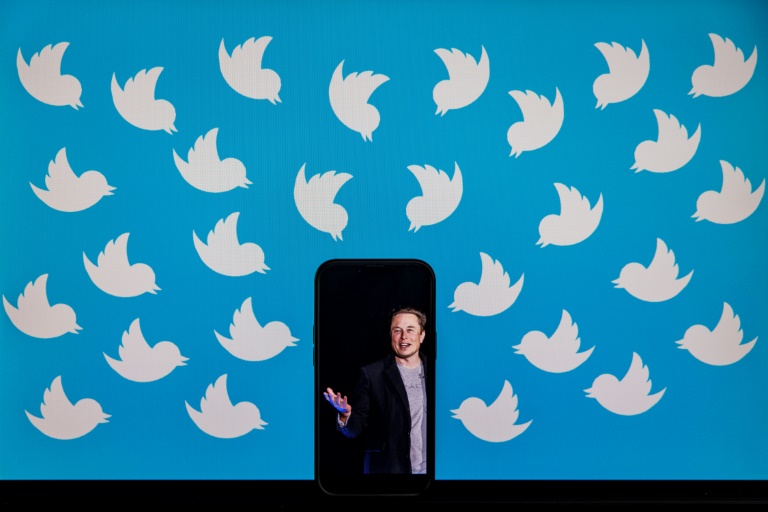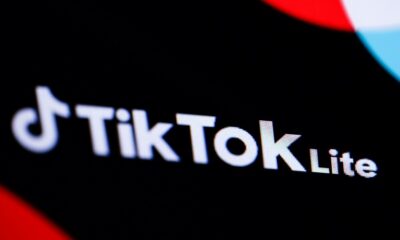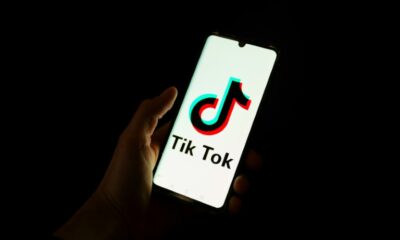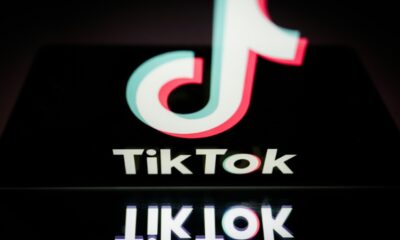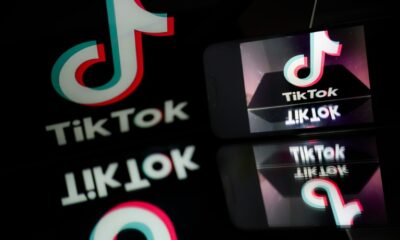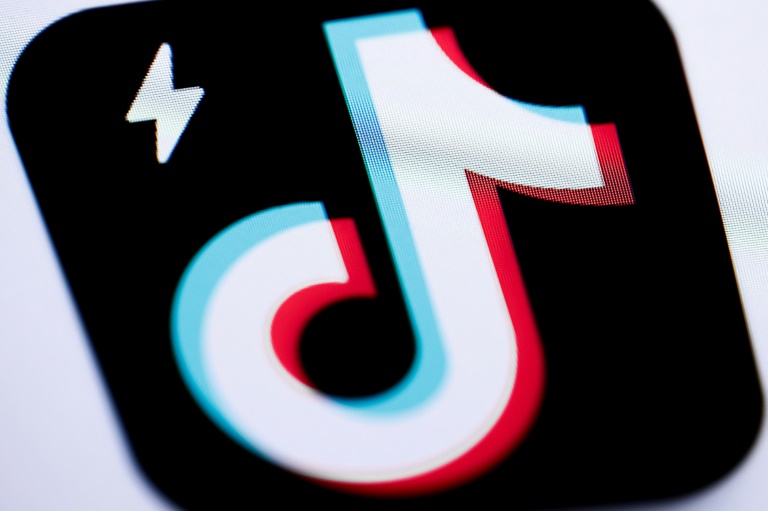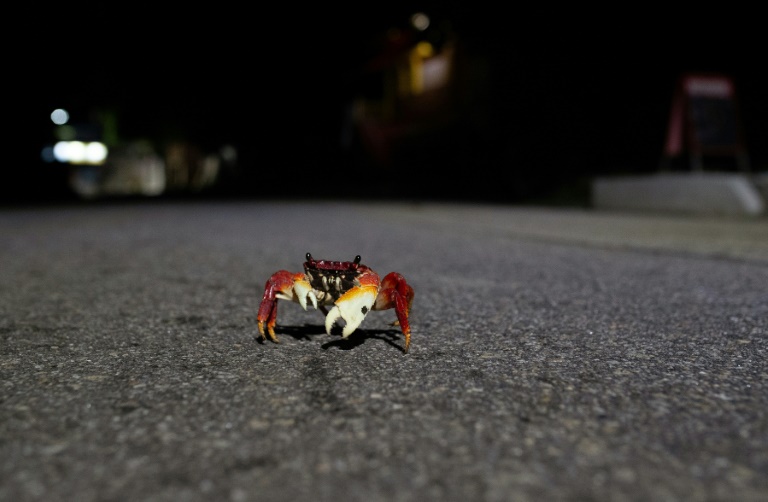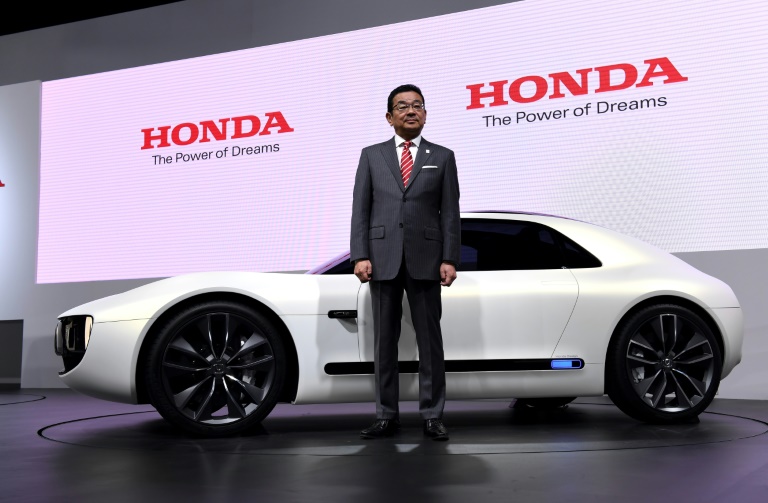After snapping up Twitter, one of Silicon Valley’s most iconic companies, Elon Musk swiftly introduced his no-holds-barred work ethic, setting up a bitter culture clash with thousands of workers who still believed in the platform’s higher mission.
In less than a month, Musk sacked half the company’s 7,500 employees, axed executives and engineers who disagreed with him and finally imposed an ultimatum: work “extremely hardcore” or leave.
The style is reminiscent of what Musk pushed through at Tesla, SpaceX and his other companies, where the multi-billionaire drove his teams hard, seeing their personal sacrifice as the key to success.
After an initial willingness to wait and see, Musk’s style has proved disconcerting in a company culture that valued ethics and a strong sense of community, even when worked hard.
“I have the impression that Musk really likes humanity but not so much humans,” said Emmanuel Cornet, a software engineer who was among the first to be fired from the social media company after the acquisition on October 27.
Before that, he’d been one of the many employees genuinely curious to see the successful entrepreneur at work, despite his propensity for provocation that has delighted so many of his fans.
“I think we had blinkers on. Most of the employees tried to give him the benefit of the doubt for as long as possible, and also because finding another job is not necessarily easy,” he said.
But Musk, beyond the big smiles and enthusiastic declarations, has lived up to his reputation, with those remaining having no choice but to give their job their all.
“His behavior is still of the bully on the playground, firing anyone who tells him he’s wrong,” said Sarah Roberts, a social media professor at UCLA. “Any kind of criticism with his wildly inaccurate … statements gets you fired.”
– No ‘respect’ –
Cornet was particularly shocked by what he called a lack of respect from the richest man in the world.
“In the long term, objectively, he seems to be trying to help the planet, with electric cars, in particular,” he said. “But the people around him seem disposable.”
Musk brings “this kind of swashbuckling bravado from being an entrepreneur interested in things like rockets and cars and big hardware that has impressive performance and really wows people,” said John Wihbey, a media professor at Northeastern University.
“The Twitter culture is much more low key. It has a politically progressive, geeky, pro-social vibe,” he said.
The libertarian entrepreneur has long had close ties with Silicon Valley, where he co-founded Tesla.
But he has since disavowed politically liberal California, railing against health restrictions during the pandemic and becoming a hero to conservative libertarians online.
At the end of 2021, he moved the headquarters of his flagship company to Texas, a majority conservative state.
Twitter was founded by Jack Dorsey, who “is very much this kind of Zen guru, sort of a spiritual seeker vibe,” said Wihbey.
Employees of the network were “proud to work there”, he said. “They really believed in the product.”
Cornet worked 14 years at Google before going to Twitter, two groups which, at the time, did not seem “obsessed with profits.”
“The sense of community at Twitter is so strong it continues after” the layoffs, he said with admiration. Ex-employees gather on Discord, WhatsApp, signal and other platforms to support each other and be nostalgic.
– ‘Badge of honor’ –
Many former “tweeps” said they were okay with working hard, but not just for bombastic promises, like “building a revolutionary Twitter 2.0”, and at the mercy of brutal decision-making.
When an employee asked during a meeting about the risk of attrition, Musk replied that he had no “great answer.”
“I can tell you what works at Tesla is people being in the office and being hardcore,” he said.
The mercurial leader abhors work from home –- which is very popular with computer engineers –- and loves to tell how he slept on site at Tesla when his company was “on the verge of bankruptcy.”
“He was able to drive things hard at Neuralink, Tesla, or Solar City because they had technologies that were on the frontier or, in the case of Tesla, far enough ahead of most other commercial automakers. He has a highly committed workforce there,” said Jeffrey Sonnenfeld, professor at Yale University.
At Twitter, on the other hand, the massive layoffs, the new culture of coercion and Musk’s “whims” are not likely to rally the staff, said Sonnenfeld, a specialist in corporate governance.
“At this stage,” said Sarah Roberts, “for many it’s a badge of honor to have been fired by Elon.”

 Business5 months ago
Business5 months ago
 Business4 months ago
Business4 months ago
 Events6 months ago
Events6 months ago
 People4 months ago
People4 months ago
 Events3 months ago
Events3 months ago
